Scientific Methods
Most popular
 Status: PreviewPreviewY
Status: PreviewPreviewYYale University
Course
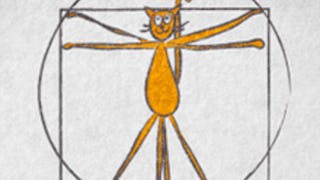 Status: Free TrialFree TrialU
Status: Free TrialFree TrialUUniversity of Amsterdam
Specialization
 Status: Free TrialFree TrialD
Status: Free TrialFree TrialDDuke University
Specialization
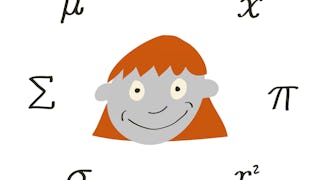 Status: Free TrialFree TrialU
Status: Free TrialFree TrialUUniversity of Amsterdam
Course
Trending now
 Status: Free TrialFree TrialU
Status: Free TrialFree TrialUUniversity of Amsterdam
Specialization
 Status: PreviewPreviewY
Status: PreviewPreviewYYale University
Course
 Status: Free TrialFree TrialD
Status: Free TrialFree TrialDDuke University
Specialization
 Status: Free TrialFree TrialU
Status: Free TrialFree TrialUUniversity of Amsterdam
Course
New releases
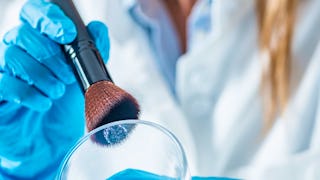 Status: PreviewPreviewU
Status: PreviewPreviewUUniversity of Cambridge
Course
 Status: Free TrialFree TrialJ
Status: Free TrialFree TrialJJohns Hopkins University
Specialization
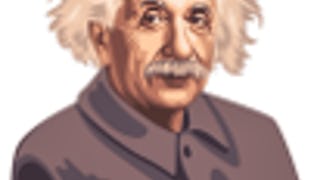 Status: PreviewPreviewT
Status: PreviewPreviewTThe Hong Kong University of Science and Technology
Course
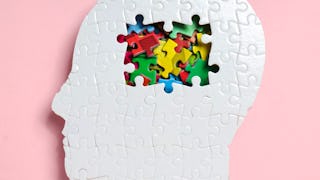 Status: Free TrialFree TrialU
Status: Free TrialFree TrialUUniversity of Cambridge
Course
Filter by
SubjectRequired *
LanguageRequired *
The language used throughout the course, in both instruction and assessments.
Learning ProductRequired *
LevelRequired *
DurationRequired *
SubtitlesRequired *
EducatorRequired *
Results for "scientific methods"
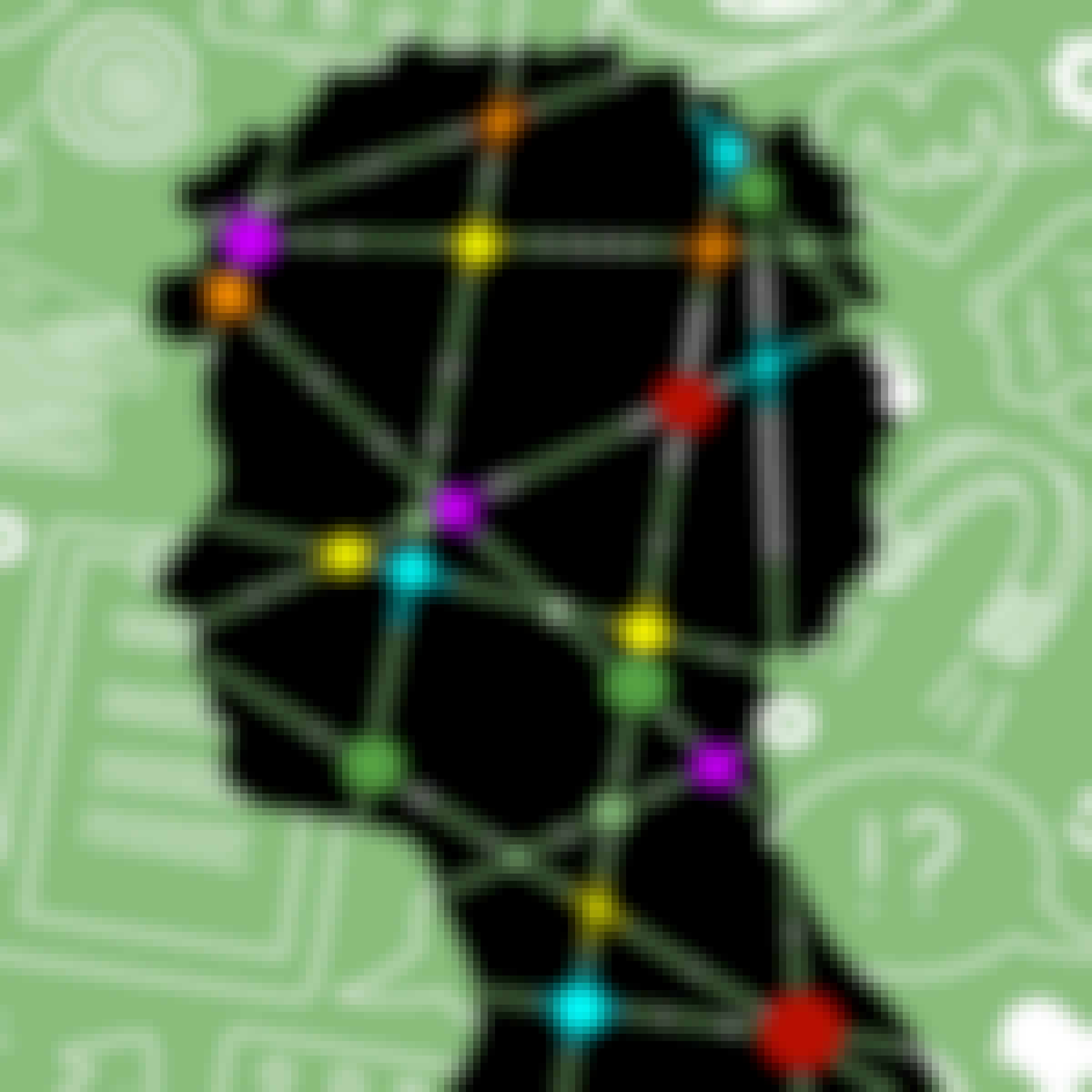 Status: Free TrialFree TrialA
Status: Free TrialFree TrialAAmerican Psychological Association
Skills you'll gain: Self-Awareness, Personal Development, Psychology, Self-Motivation, Emotional Intelligence, Cultural Diversity, Goal Setting, Cognitive flexibility, Critical Thinking, Mindfulness, Scientific Methods
4.7·Rating, 4.7 out of 5 stars19 reviewsBeginner · Course · 1 - 3 Months
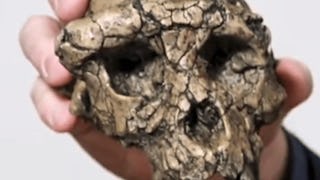 Status: Free TrialFree TrialD
Status: Free TrialFree TrialDDartmouth College
Skills you'll gain: Kinesiology, Human Musculoskeletal System, Scientific Methods, Exercise Science, Anatomy, Research, Mechanics, Physiology, Anthropology, Spatial Data Analysis, Biology, Scientific Visualization, Timelines, 3D Assets, Infographics
4.5·Rating, 4.5 out of 5 stars6 reviewsMixed · Course · 1 - 4 Weeks
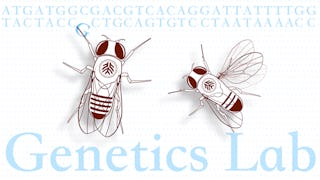 Status: PreviewPreviewP
Status: PreviewPreviewPPeking University
Skills you'll gain: Scientific Methods, Experimentation, Molecular Biology, Research Design, Biology, Laboratory Techniques, Laboratory Equipment, Specimen Preparation, Bioinformatics, Cell Biology
4.8·Rating, 4.8 out of 5 stars9 reviewsBeginner · Course · 1 - 3 Months
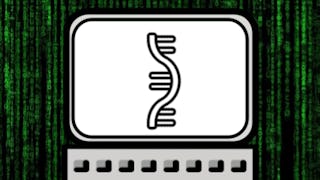 Status: Free TrialFree TrialF
Status: Free TrialFree TrialFFred Hutchinson Cancer Center
Skills you'll gain: Molecular Biology, Laboratory Research, Bioinformatics, Data Literacy, Science and Research, Data Analysis, Spatial Data Analysis, Scientific Methods, Data Processing, Quantitative Research, Informatics, Biology, Data Collection
3.8·Rating, 3.8 out of 5 stars16 reviewsIntermediate · Course · 1 - 3 Months
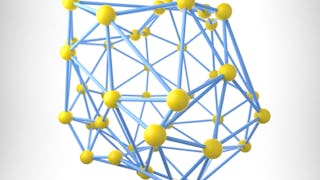 Status: Free TrialFree TrialD
Status: Free TrialFree TrialDDeep Teaching Solutions
Skills you'll gain: Critical Thinking, Curiosity, Deductive Reasoning, Independent Thinking, Open Mindset, Complex Problem Solving, Lifelong Learning, Growth Mindedness, Willingness To Learn, Systems Thinking, Cognitive flexibility, Decision Making, Social Sciences, Behavioral Economics, Scientific Methods
4.9·Rating, 4.9 out of 5 stars38 reviewsBeginner · Course · 1 - 4 Weeks
 Status: PreviewPreviewT
Status: PreviewPreviewTThe University of Edinburgh
Skills you'll gain: Physics, Mechanics, Mathematical Modeling, Calculus, Scientific Methods, General Science and Research, Simulations, Applied Mathematics
4.8·Rating, 4.8 out of 5 stars24 reviewsIntermediate · Course · 1 - 3 Months
 Status: Free TrialFree TrialF
Status: Free TrialFree TrialFFred Hutchinson Cancer Center
Skills you'll gain: Bioinformatics, Molecular Biology, Data Processing, Data Analysis, Data Literacy, Exploratory Data Analysis, Laboratory Research, Metadata Management, Science and Research, R Programming, Spatial Data Analysis, Scientific Methods, Data Collection, Data Quality, Research, Quantitative Research, Informatics, Biology, Laboratory Techniques, Analysis
3.9·Rating, 3.9 out of 5 stars30 reviewsIntermediate · Specialization · 3 - 6 Months
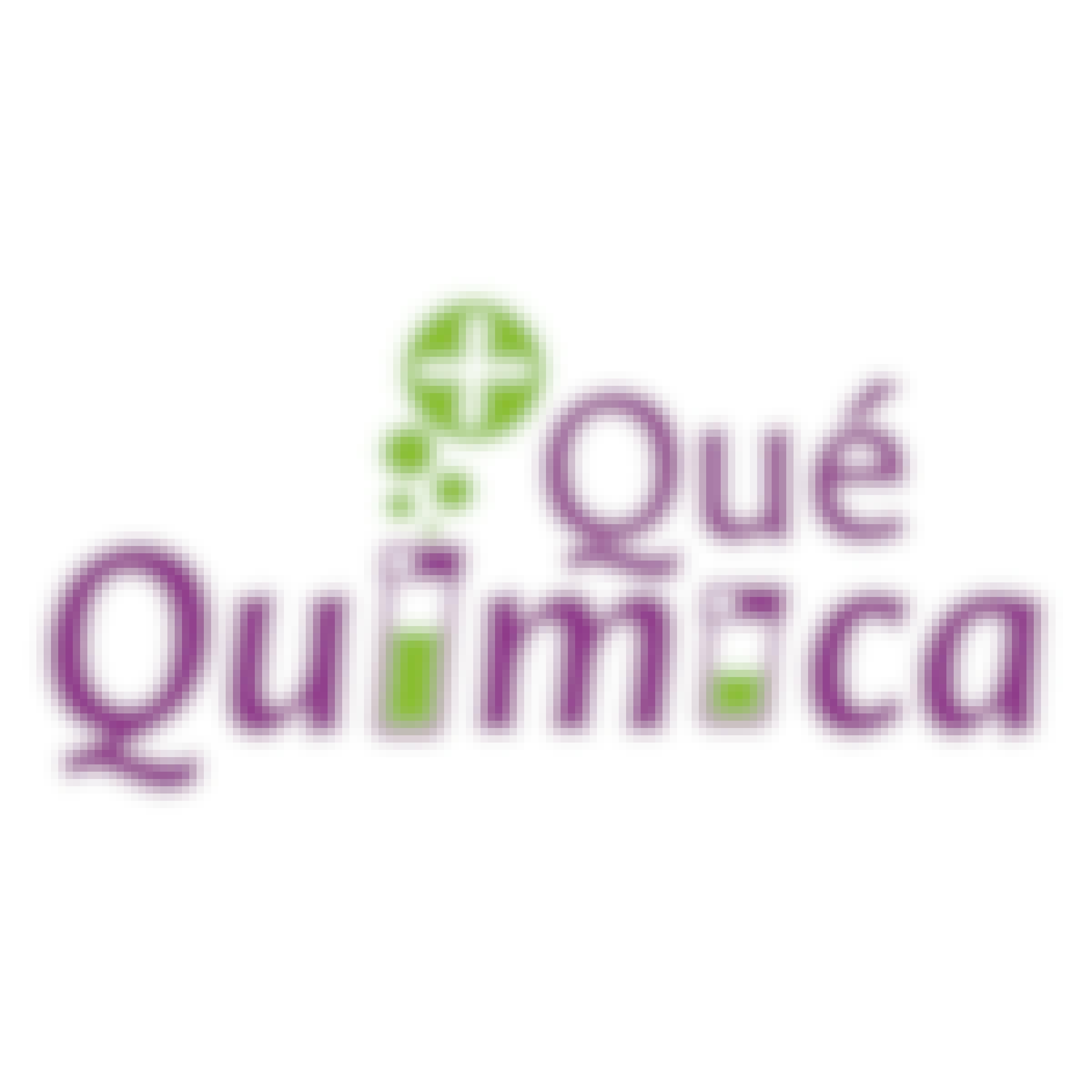 Status: PreviewPreviewU
Status: PreviewPreviewUUniversidad Nacional de Colombia
Skills you'll gain: Chemistry, Systems Of Measurement, Chemical Engineering, Physical Science, Analytical Chemistry, Applied Mathematics, Materials science, Scientific Methods
4.9·Rating, 4.9 out of 5 stars75 reviewsBeginner · Course · 1 - 3 Months
 Status: PreviewPreviewN
Status: PreviewPreviewNNanjing University
Skills you'll gain: Physical Science, Research, Physics, Scientific Methods, Laboratory Equipment, Mechanics, Energy and Utilities
4.9·Rating, 4.9 out of 5 stars235 reviewsBeginner · Course · 1 - 3 Months
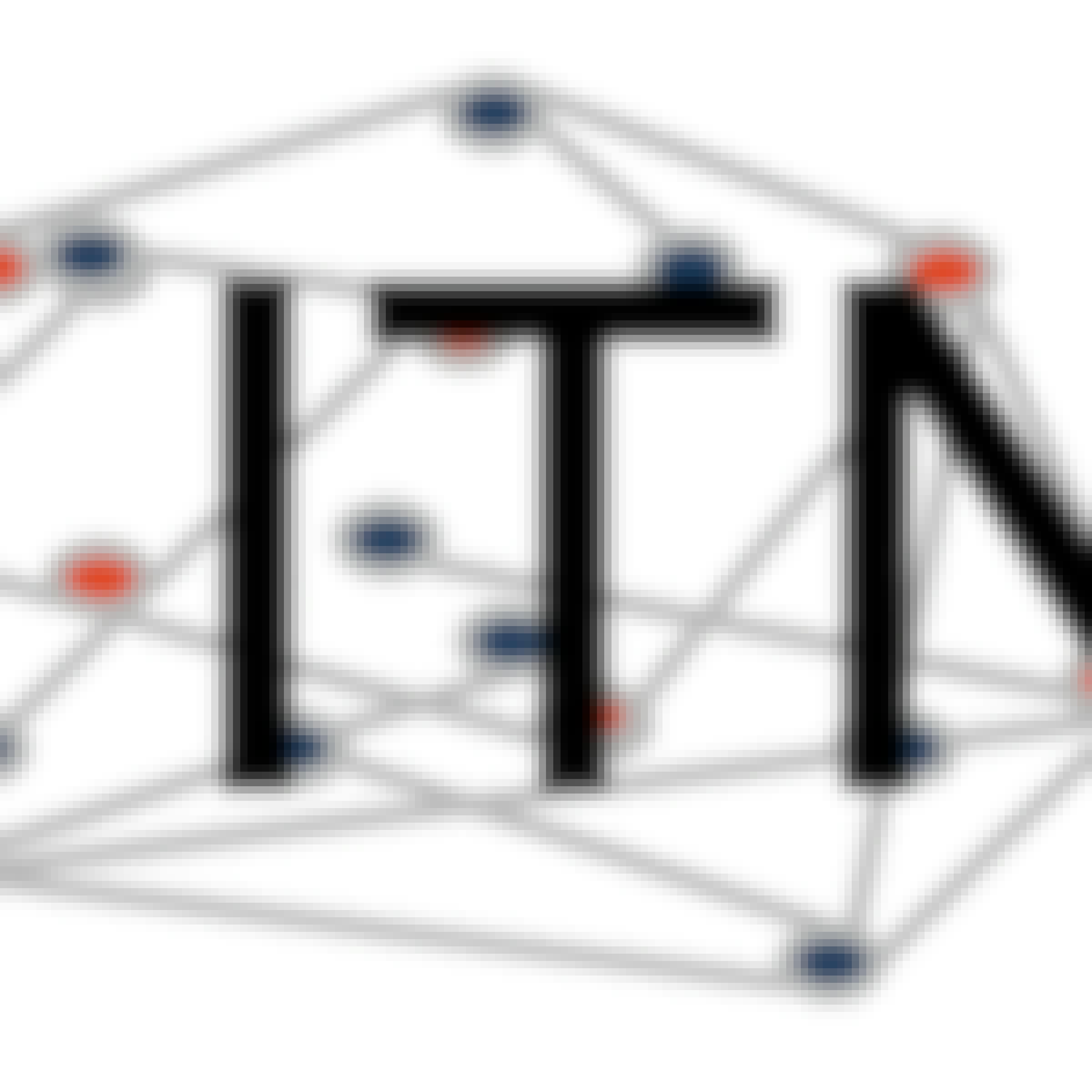 Status: Free TrialFree TrialJ
Status: Free TrialFree TrialJJohns Hopkins University
Skills you'll gain: Package and Software Management, Code Review, Open Source Technology, GitHub, Scientific Methods, Technical Documentation, Informatics, R (Software), Data Analysis, Programming Principles, R Programming, Git (Version Control System), Integrated Development Environments
Intermediate · Course · 1 - 3 Months
 Status: Free TrialFree TrialD
Status: Free TrialFree TrialDDartmouth College
Skills you'll gain: Kinesiology, Human Musculoskeletal System, Scientific Methods, Exercise Science, Anthropology, Biology, Anatomy, 3D Assets, Research, Mechanics, Physiology, Human Development, Taxonomy, Child Development, Visualization (Computer Graphics), Life Sciences, Scientific Visualization, Spatial Data Analysis, Obstetrics And Gynecology, Orthopedics
4.6·Rating, 4.6 out of 5 stars7 reviewsBeginner · Specialization · 1 - 3 Months
 Status: Free TrialFree TrialU
Status: Free TrialFree TrialUUniversity of Colorado Boulder
Skills you'll gain: Mathematics Education, Teaching, Simulations, Simulation and Simulation Software, Scientific Methods
4.9·Rating, 4.9 out of 5 stars22 reviewsIntermediate · Course · 1 - 3 Months







